Through the Wayuu-led NGO Nación Wayuu, indigenous Wayuu elders and community leaders are gathering in a 'Permanent Assembly' - an ongoing dialogue, which can involve peaceful action to demand justice from the coal company Cerrejón, which operates Latin America's biggest coal mine in the northernmost state of Colombia, La Guajira.
This is a powerful step by communities next to the railway line where open-top carriages take coal across the state to the port. They were not included in the recent UN investigation but also suffer devestating impacts.
Cerrejón is owned by three mining multinationals who are all listed on the London Stock Exchange: Anglo American, Glencore, and BHP. They have recently been ordered to stop expanding the mine and as a result Anglo American and Glencore are now suing the Colombian Government.



(English Translation. Spanish here)
According to their legal and constitutional rights, the Traditional Authorities of the Indigenous Wayuu Movement (located in the municipalities of Maicao, are Manaure and Uribia, ancestral guardians of the territories which have been robbed and desecrated by the train track belonging to Cerrejón Limited) inform the national and international public that from 1st June 2021 they will declare a PERMANENT ASSEMBLY* for the following reasons:
For more than 40 years, the indigenous territories located in the municipality of Albania, Maicao, Manaure and Uribia, were desecrated and divided by the construction of the train line belonging to the Cerrejón company, which gave passage to an immense iron-clad long-tailed animal: a train.
The passage of this immense animal changed the lives of the Wayuu people, who now are feeling death which initially came to them slowly, and now is gathering pace. The most affected are women and children, but also the workers who go to the mine.
The situation is so critical that recently, the UN urged the mine to suspend operations in the municipality of Barrancas, near to the Wayuu reservation of Provincial, for reasons of pollution, water scarcity, and the prevention of transmission of Covid-19 in the communities who live there.
The UN High Commission in Human Rights urged the suspension of some of Cerrejón's opencast coal mine operations, located in La Guajira, Northern Colombia.
UN experts insisted the pollution that the mine produced has caused serious damage to the health of the indigenous Wayuu community who reside in this region, bordering on Venezuela.
David Boyd, UN special rapporteur for Human Rights and the Environment, said “at least during the pandemic, the operations in the Tajo Patilla site near to the Provincial reservation should be suspended until they can demonstrate that it is safe.”
He added that the Cerrejón mine had not done enough to comply with the orders of the Colombian authorities, which in December demanded the company improve air quality and limit the damage to the area's inhabitants.
According to UN commission experts, the residents suffer headaches, breathing and nasal problems, dry coughs, burning eyes and blurred vision as a consequence of the exploitation of the Cerrejón mine.
The pollution produced by Cerrejón does not only affect the communities near to the Tajo Patilla or the Provincial reservation, but also the indigenous communities, ancestral guardians of the territories located along the length of the train line and the banks of the Rancheria River. In this second wave of infections in this pandemic that threatens to exterminate humanity, these communities have been seriously affected, leaving countless people dead and many more infected, but this does not matter to the Cerrejon company, who continue their mining operation regardless.
It has been five years since the sentence was handed down which ordered urgent action to benefit the indigenous people of La Guajira, but this judicial order has not been followed through.
The justice system has placed at least 17 sanctions on Cerrejón Coal Limited for the effects that opencast coal mining has brought to the indigenous Wayuu people who live in the immediate vicinity of the mine in La Guajira. The last decision was handed down by the Constitutional Court on 13th December 2016, which included an order to compensate indigenous Wayuu communities for the severe environmental, social and cultural damage, but to this day they have offered nothing but a half-hearted semblance of compliance with this sentence.
As ancestral guardians of territory exploited by the company Cerrejón, we demand the following:
1. Suspend the train operation which transports coal to Puerto Bolivar at the weekends for 24 hours each day (Saturday and Sunday)
2. Urgently reinitiate dialogues which were unilaterally suspended by Cerrejón under the false pretext of the pandemic.
3. Comply strictly with the Constitutional Court order T-704/16
This communication is signed on 1st June 2021 by the Traditional Wayuu authorities, ancestral guardians of this territory.
*Language note: Permanent Assembly refers to an ongoing or recurring gathering to protest and/or engage in dialogue to further a campaign
We will be taking actions in solidarity with Nación Wayuu, and the affected communities. To be involved in this, and other, actions against coal, sign up to our mailing list.
You can read more about Cerrejón's devestating impact on communities in the region in this recent UN report. London Mining Network has a lot of information about communities fighting back against the mine.

As B Labs doesn’t seem bothered was the public says, we asked supporters to contact other B Corps – who are effectively B Labs customers. Almost 20,000 emails were sent to over 60 B Corp status companies, asking them to take a stand with us…
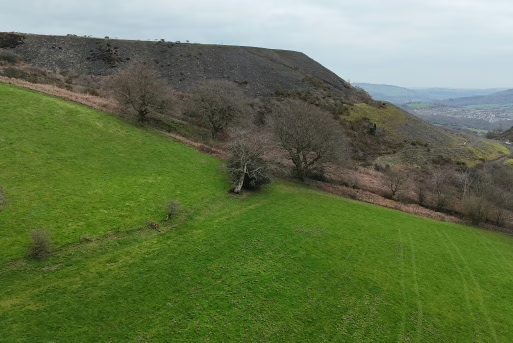
The Welsh Government’s long-awaited Bill is expected to be presented to the Senedd before the end of 2024. The very recent Cwmtillery tip slip will make this Bill a more politically charged issue. It will also raise scrutiny over whether measures in the new Bill mark a sufficient improvement on the Mines and Quarries (Tips) Act 1969…
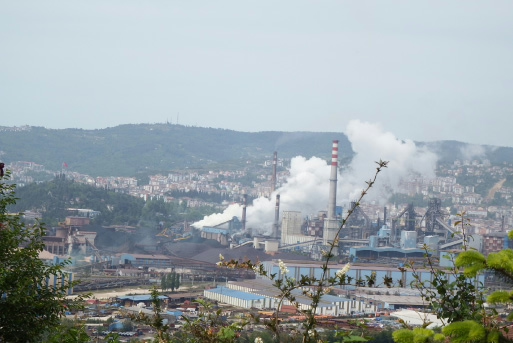
Kömür Eylem Ağı (Coal Action Network), 2024 yılında Türkiye kömür endüstrisini araştırdı. Bu makalede, bulgularımız ve Türkiye’deki kömür, hava kirliliği, Rusya savaşı ile karbonsuzlaştırma arasındaki ilişkiler inceleniyor.

Last December in London, the CAN team protested with other climate campaigners for two days in freezing temperatures outside one of the world’s biggest events funnelling investment into expanding mining globally. The ‘Mines and Money Conference’ held in London’s Business Design Centre connected investors with projects and companies responsible for human rights abuses, ecocide, and fuelling climate chaos…
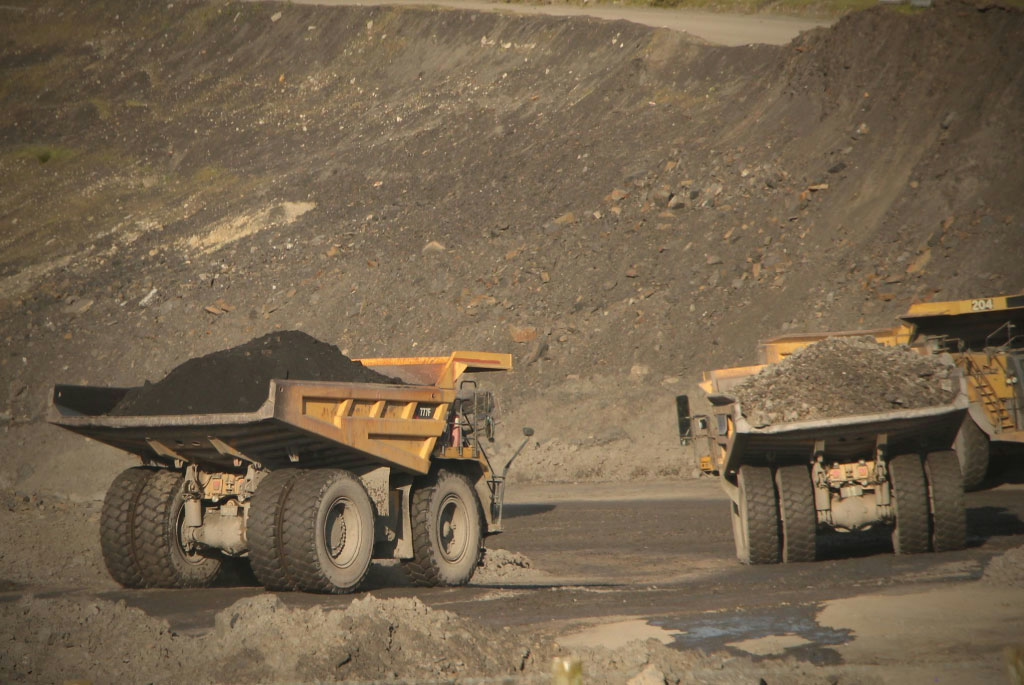
The UK Government has laid a Written Ministerial Statement confirming that it will introduce legislation to “restrict the future licensing of new coal mines”, by amending the Coal Industry Act 1994, “when Parliamentary time allows”. The UK Government’s press release is entitled “New coal mining licences will be banned”. Here at Coal Action Network, we thinks it’s great that the UK Government is following…

(Türkçe olarak mevcuttur) Coal Action Network investigated the Turkish coal industry in 2024. This article looks at our findings and the links between Turkish coal, air pollution, Russia’s war and decarbonisation.

Former steelworker, Pat Carr, spoke to Anne Harris from Coal Action Network about the financial support offered to workers when the Consett steelworks closed in 1980, and they discussed what can be done better, in workplaces like Scunthorpe steelworks. (Article published in Canary magazine)
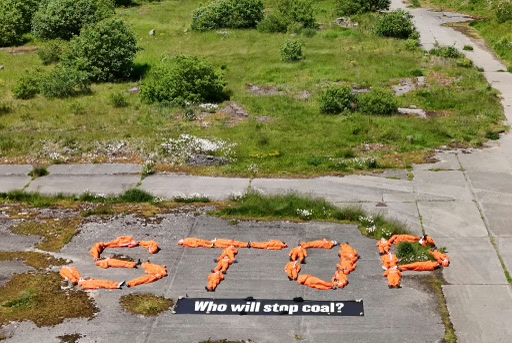
The proposed West Cumbria Coal mine lost its planning permission in September 2024. Since then its application to get a full coal mining license was refused by the Coal Authority, another nail in the coffin of the proposed coking coal mine.
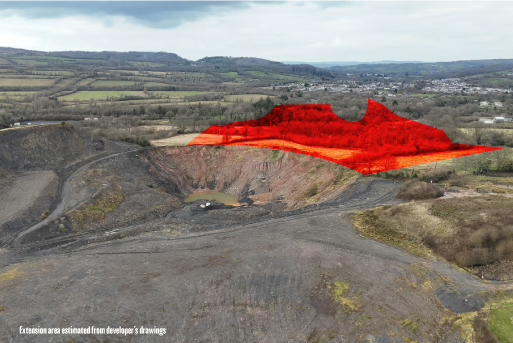
Bryn Bach Coal Ltd is the coal mining company that operates the Glan Lash opencast coal mine, which has been dormant since planning permission expired in 2019. In 2018, it applied for an extension which was unanimously rejected by planning councillors in 2023. Undeterred, Bryn Bach Coal Ltd is trying again! This time with a slightly smaller extension of some 85,000 tonnes rather than 95,000 tonnes…